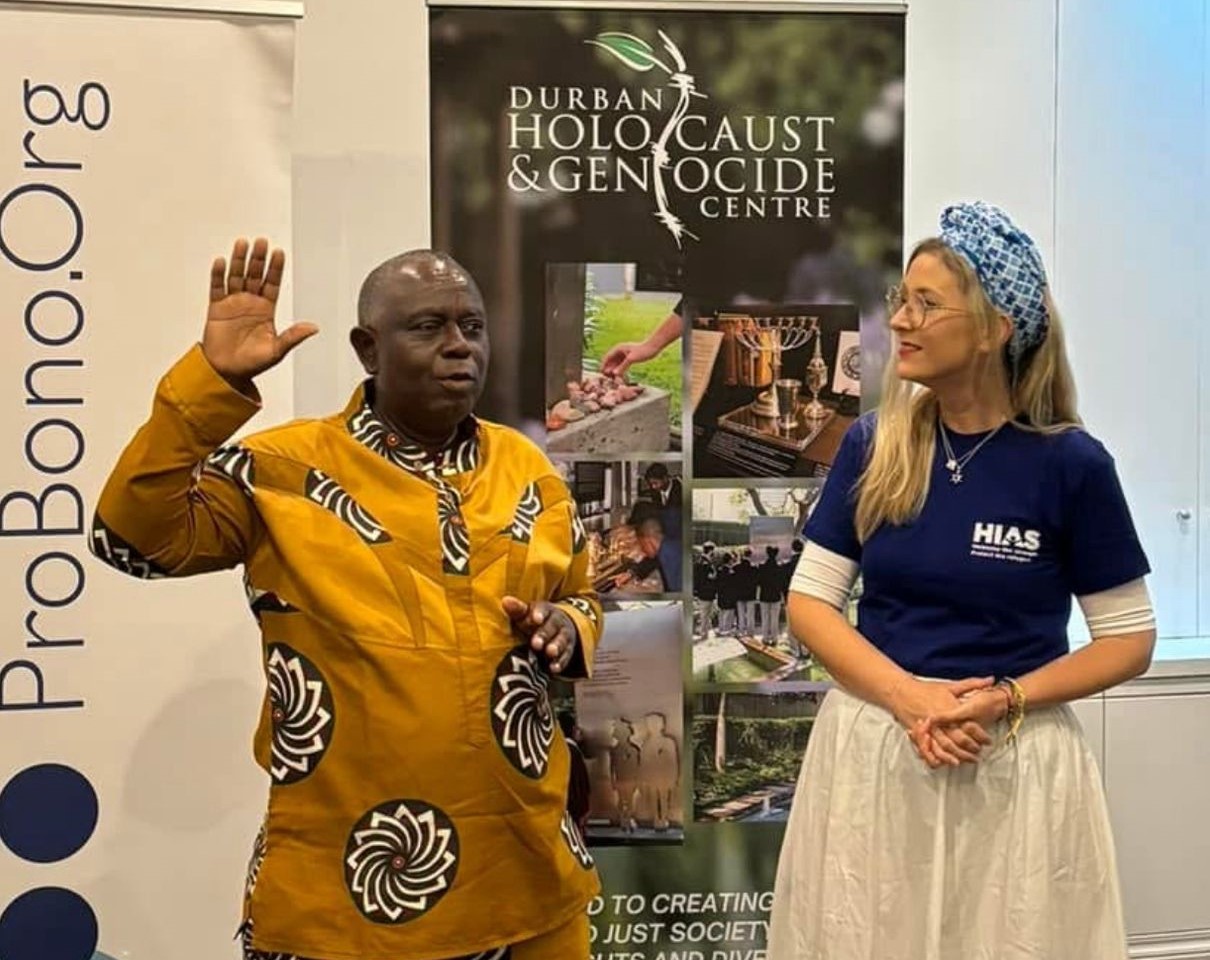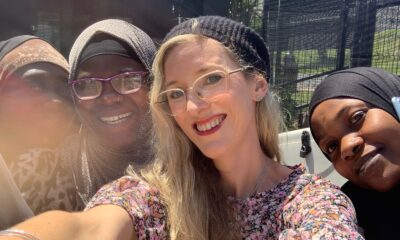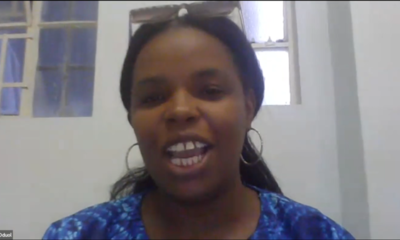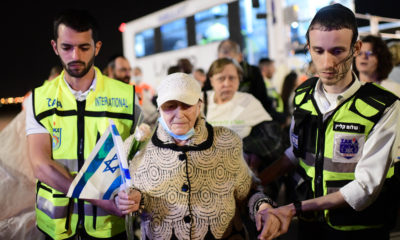
OpEds

Refugee Shabbat re-engages us with displacement
Today, 120 million people are displaced. More people have been forced to flee their homes than ever before.
South Africa isn’t immune to the impact of this escalating global crisis. The United Nations High Commission for Refugees estimates that South Africa has about 250 000 refugees and asylum-seekers in the country, with most originating from countries such as Burundi; the Democratic Republic of the Congo; Rwanda; South Sudan; Somalia; and Zimbabwe. Activists and academics working in the refugee sector, however, believe the number of displaced people seeking safety and a better life within our borders is in fact much higher.
Foreign nationals face complex challenges in South Africa, from difficulties accessing legal protection and documentation, healthcare, and educational services, to socio-economic hardships, and entrenched and violent xenophobia and Afrophobia. Refugees, asylum seekers and migrants in South Africa are particularly vulnerable to rampant corruption, and are often victims of extortion. South African society’s continuing struggles with deep structural inequality, unemployment and poverty, as well as the scapegoating of foreign nationals by political and community leaders, which exacerbates tensions between communities.
In light of the adversities facing displaced people across the globe, HIAS launched its first annual Refugee Shabbat seven years ago as an opportunity for Jewish congregations, organisations, and individuals to express solidarity with the global Jewish movement for refugee protection and welcome. HIAS, originally the Hebrew Immigrant Aid Society, is a Jewish nonprofit organization that provides humanitarian aid and assistance to refugees.
This year, HIAS South Africa, in partnership with the South African Jewish Board of Deputies (SAJBD), will be marking Refugee Shabbat across South Africa on 28 February and 1 March.
HIAS opened its first office in South Africa in October 2023. Drawing on our Jewish values and history, and working with host communities, HIAS provides vital services to refugees, asylum seekers, and other forcibly displaced and stateless persons around the world, and advocates for their fundamental rights so they can rebuild their lives. HIAS South Africa works through key local partner organisations in the legal, mental health and psychosocial support, and advocacy sectors.
The Refugee Shabbat is a moment to reflect on the work our communities are doing to pursue justice and support refugees, asylum seekers, and displaced people around the world. We use this time to explore the themes of welcoming and protecting the stranger in our ancient Jewish texts and traditions, and to find ways of putting these values and ideas into practice.
The SAJBD has a long history of supporting and advocating for the refugee and asylum seeker community, from mobilising the Jewish community to assist with the humanitarian crisis that unfolded in wake of the 2008 xenophobic riots which spread across the country, to being a part of government and civil society policy discussions about the root causes and long-term solutions to xenophobia and immigration issues. Together, we believe that taking a moment to educate and mobilise our local Jewish community is essential during these challenging times. Resilience and hope have carried our own people throughout the generations.
Even in moments of despair and oppression, our people have found a sense of purpose and joy to sustain us. I hope that this year’s Refugee Shabbat will be an opportunity for our community to affirm who we want to be as Jews in the world, continuing the important work we do on behalf of forcibly displaced people across the globe and recommitting ourselves to the creation of a more just, welcoming and compassionate world.
Refugee Shabbat can be marked by sharing our educational resources on your organisation’s social media pages and in your organisation’s newsletter; sharing words of Torah in the weekly parsha that highlight the Jewish tradition of welcoming the stranger and protecting the refugee; and committing to learn more about the plight of displaced people.
In this time of increased political, economic and social uncertainty around the globe, Refugee Shabbat 2025 is needed more than ever. In a world increasingly marked by division and the closing down of spaces for those fleeing danger, we raise our voices together as a Jewish community to say that we will stand by those seeking safety from violence and persecution.
The path ahead to building more inclusive and welcoming societies will be long and tough. In this historic moment, we recognise the sanctity of Shabbat and our Jewish values of tzedek (justice) and tikkun olam (healing the world) and reflect on the work we are doing to assist refugees, asylum seekers, and Jewish communities worldwide. Hineni. We are here. We stand alongside refugees. We won’t be swayed from making the world a better place for all.
Alana Pugh-Jones Baranov is country director of HIAS South Africa. For more information and access to resources for Refugee Shabbat, visit our webpage hias.org/refugee-shabbat and see the resource library for ideas on how to mark Refugee Shabbat 2025 (hias.org/refugee-shabbat-resources).










